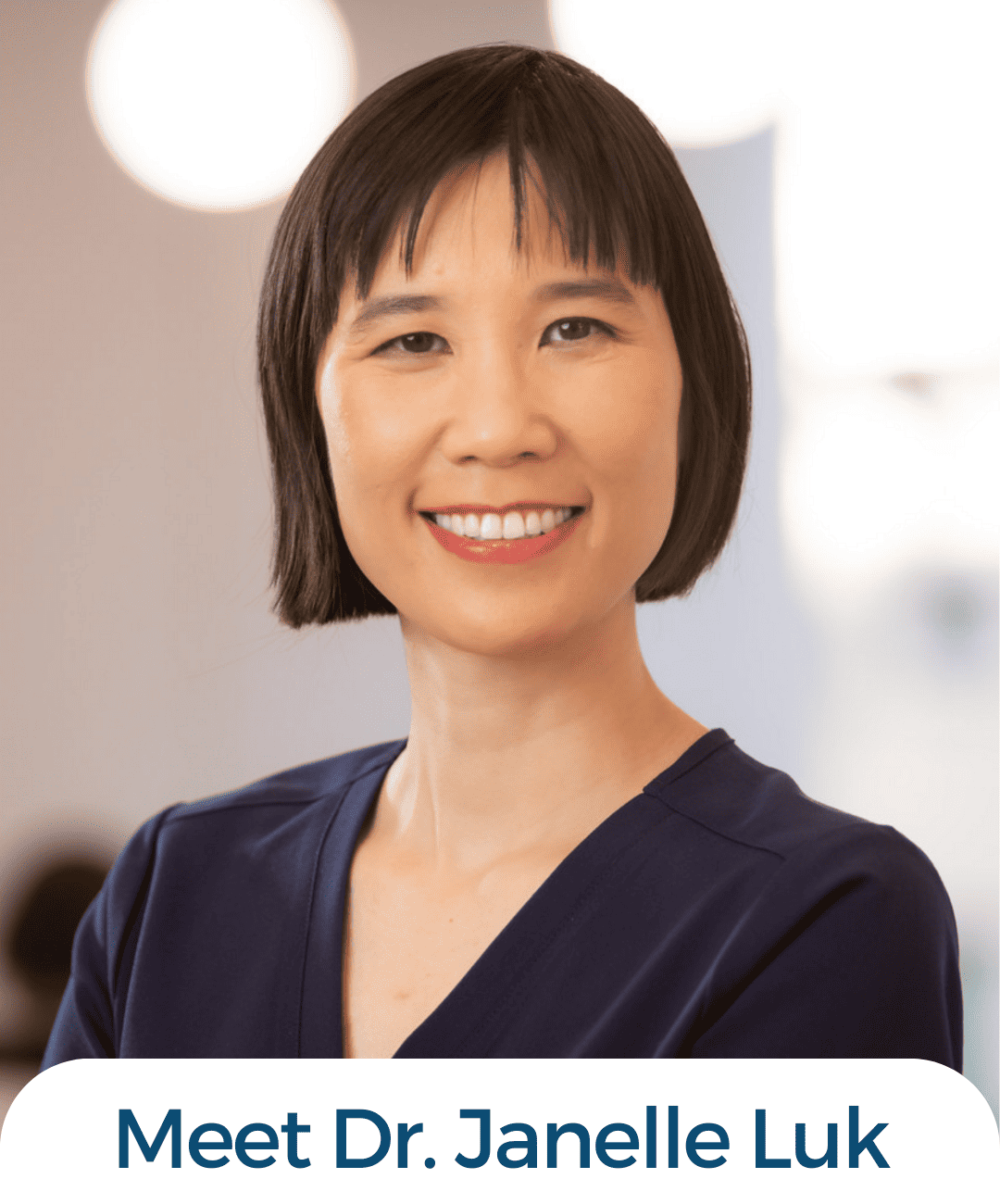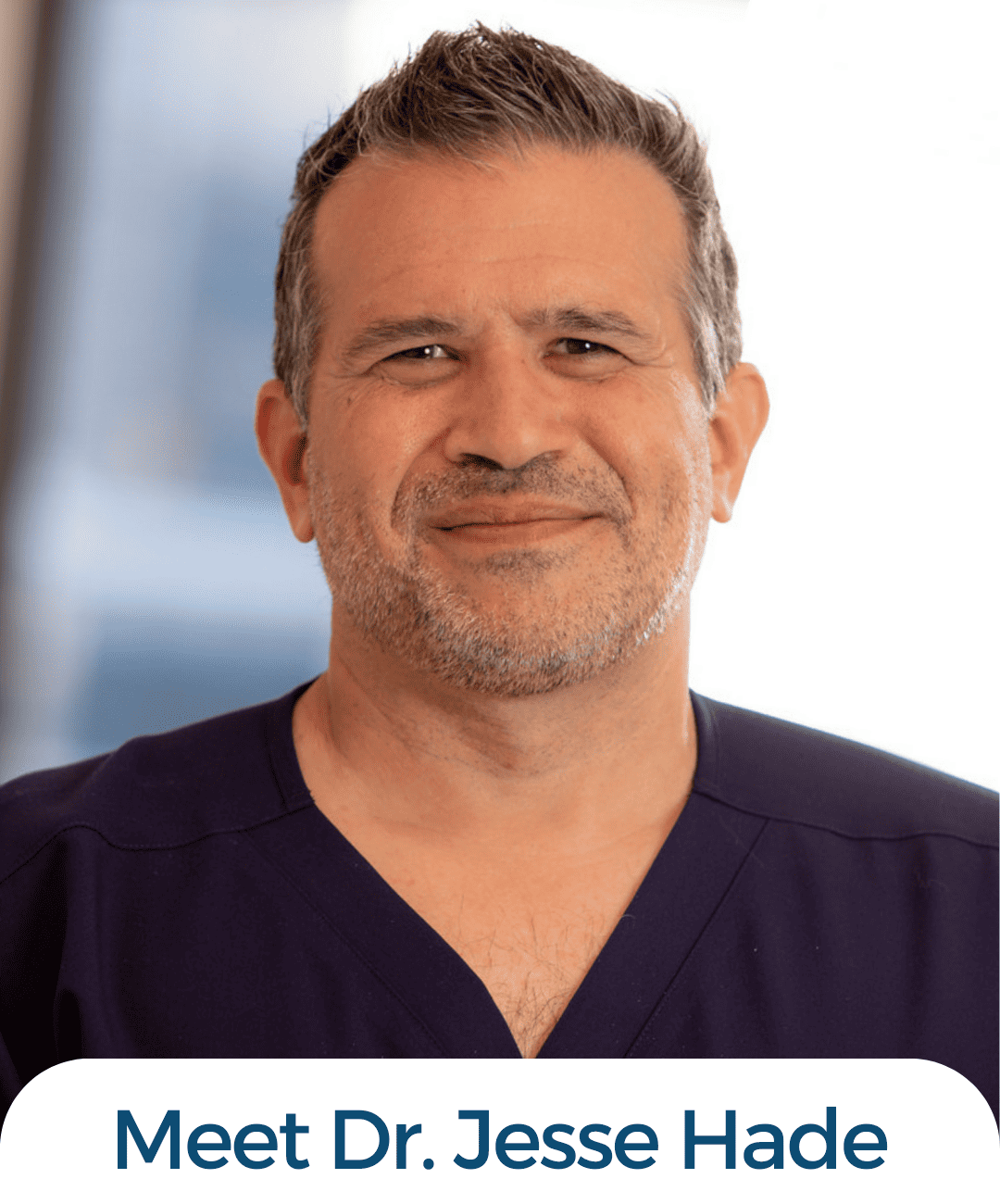
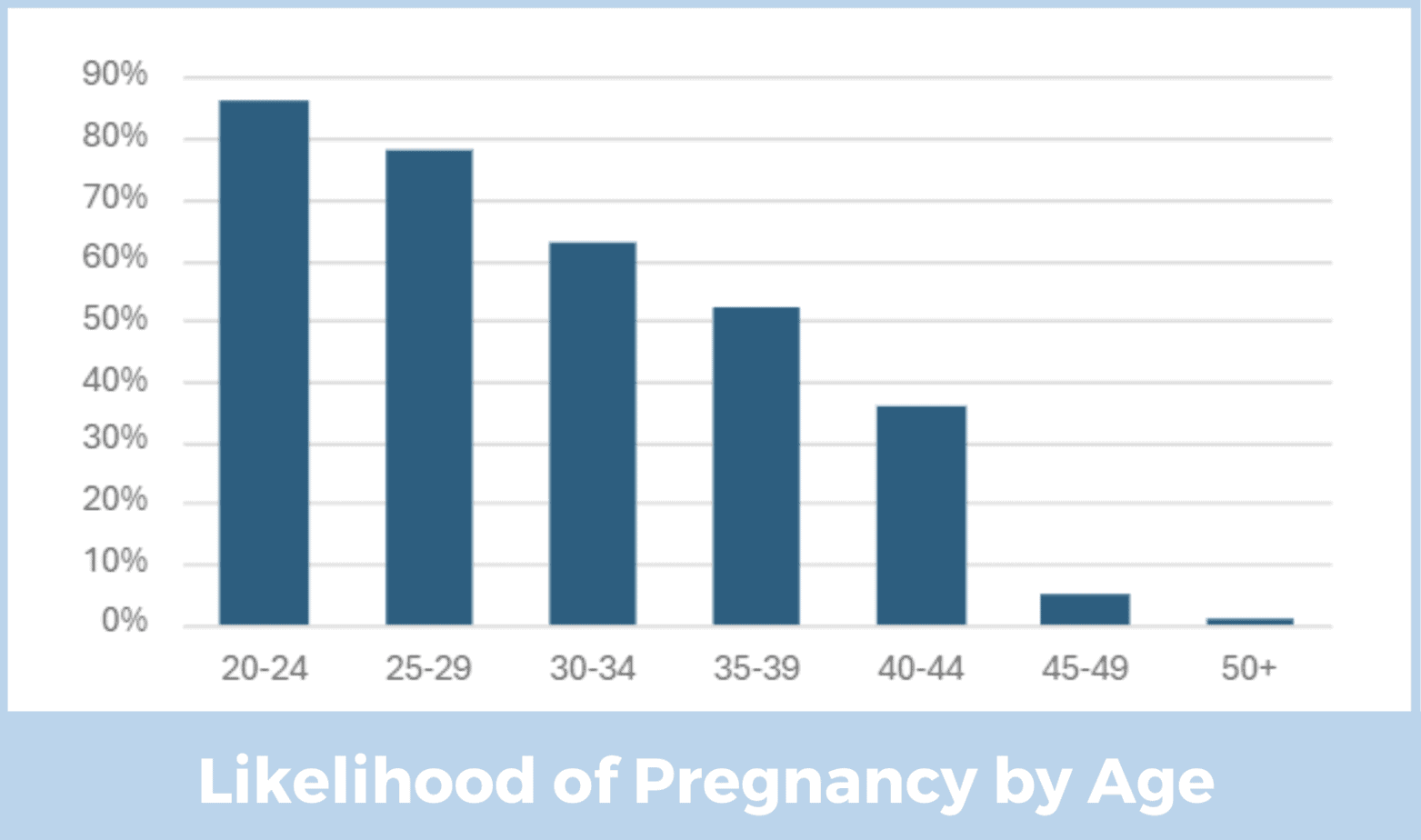
Infertility is defined as not being able to conceive (get pregnant) after one year or more of trying. In fact, 1 in 6 couples are infertile, yet this is often a silent struggle.
Fertility is a multifaceted issue, influenced by biological, environmental, and lifestyle factors. Understanding these elements is crucial in addressing and managing fertility concerns. Common fertility problems can include DOR, PCOS, Tubal Blockages, Endometriosis, and Sperm Quality.
One third of the cases are from the female partner
One third of the cases are from the male partner
One third are either from both partners or unknown
Common Fertility Problems
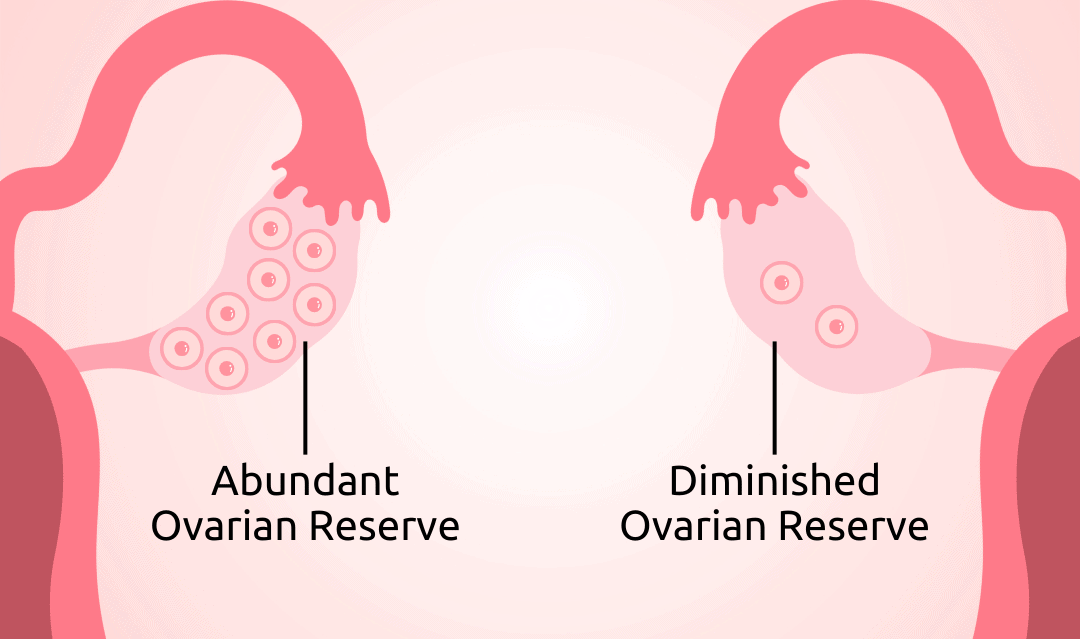
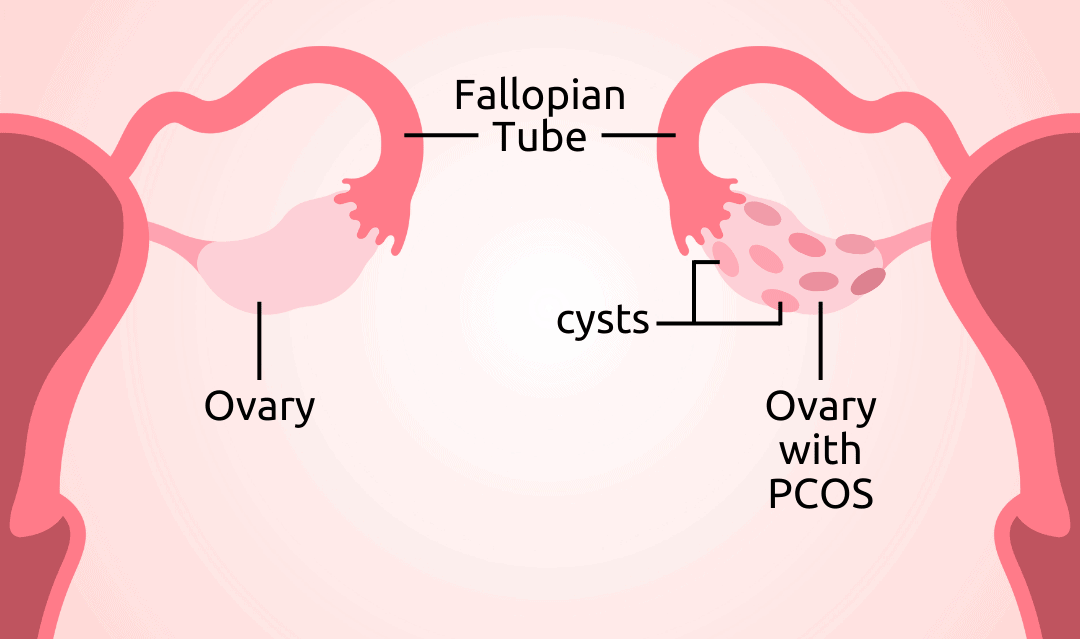
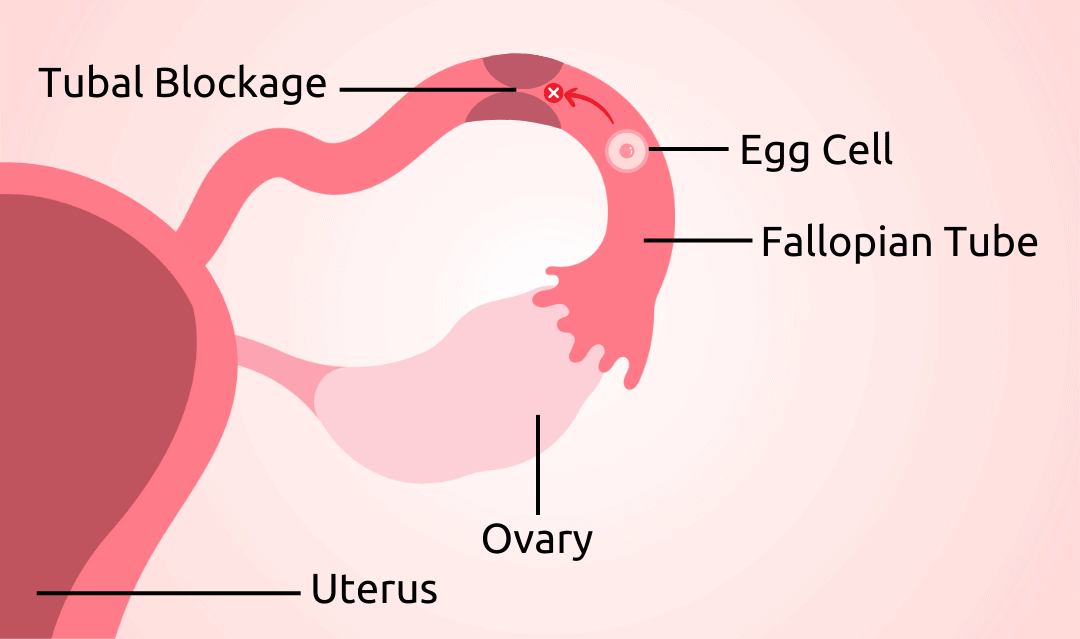
Tubal Blockage
Tubal Blockage refers to a blocked fallopian tube, which is the passage for sperm to get to the eggs, as well as the path back to the uterus for the fertilized egg.
One in four women with infertility have a tubal blockage. However, if only one tube is blocked, an egg may still be fertilized through the other tube.
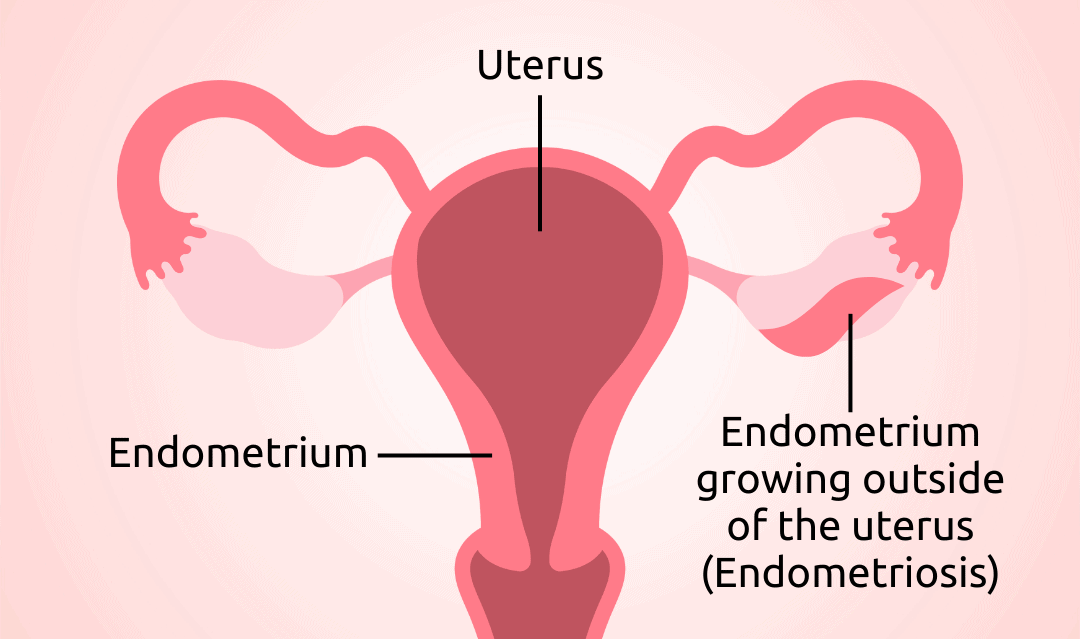
Endometriosis
Endometriosis is a condition in which the endometrium grows outside of the uterus, generally near the pelvic lining, ovaries, or fallopian tubes.
More than 3 million people per year struggle with endometriosis. About one third to half of women with endometriosis have difficulty getting pregnant.
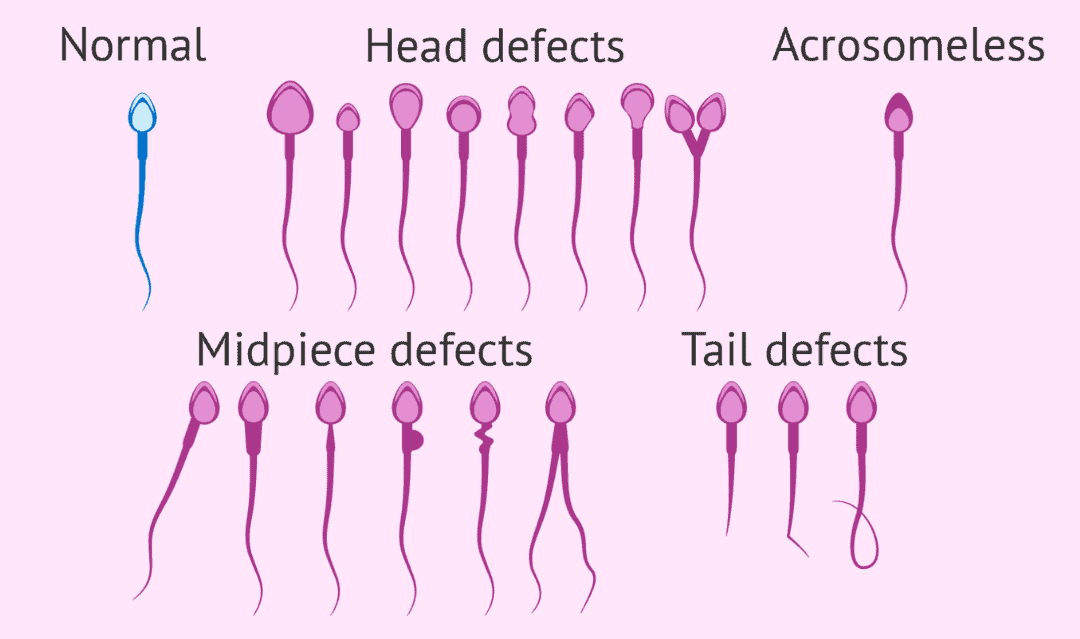
Sperm Quality
Sperm Quality begins to reduce around age 40-45. During spermatogenesis, the production of sperm, defects may occur, which can affect the morphology, count, and motility of the sperm.
Decreased sperm count will affect chances of conception. Discrepancies in sperm quality can be diagnosed through a semen analysis.
Personalized Fertility Care
The causes of infertility are as vast and varied as the individuals who experience them. Your journey to parenthood is unique, and understanding your specific situation is the key to finding the right solution. At Generation Next Fertility, we recognize the importance of personalized care tailored to your individual needs and circumstances.
To learn more about your unique fertility situation and explore the paths available to you, we invite you to schedule a consultation with our team of experts.

